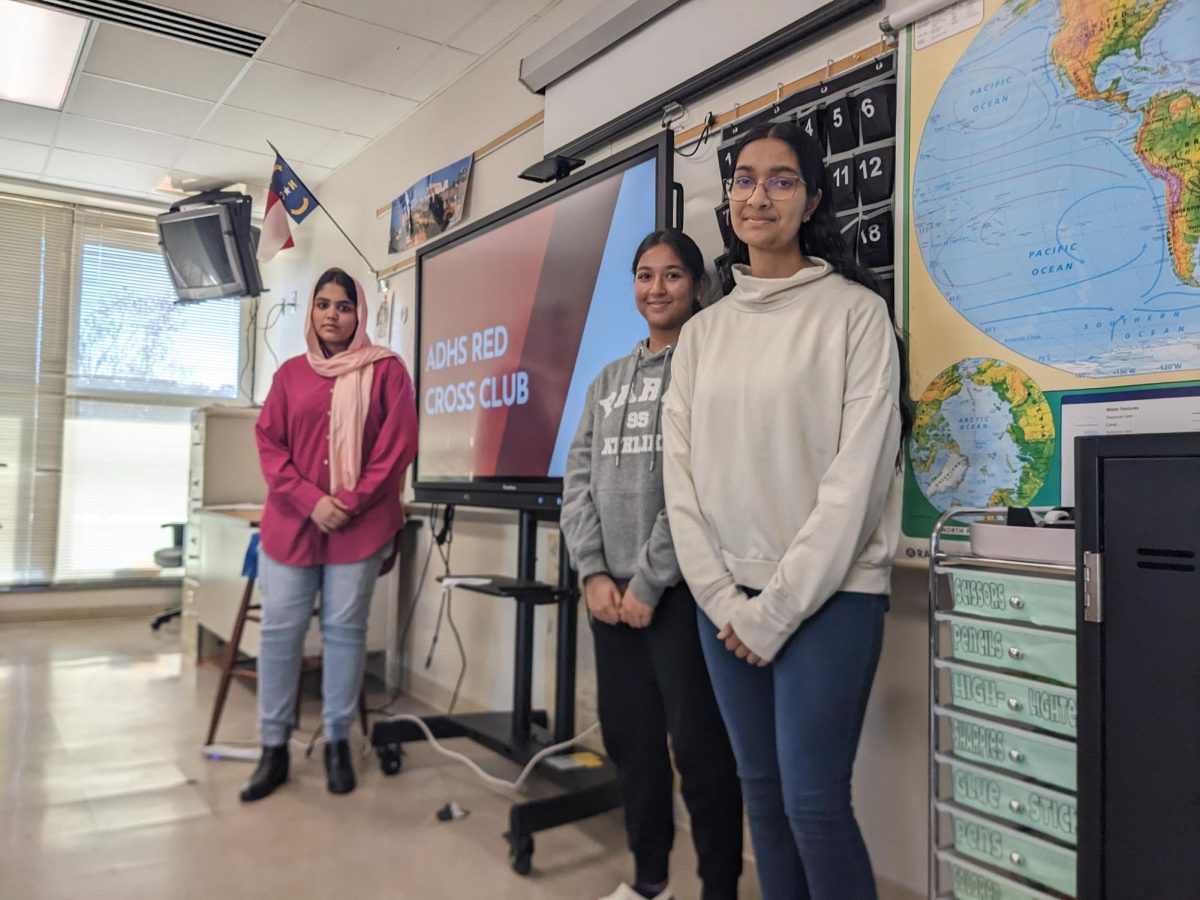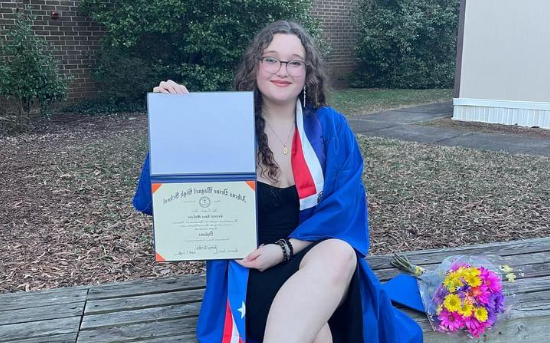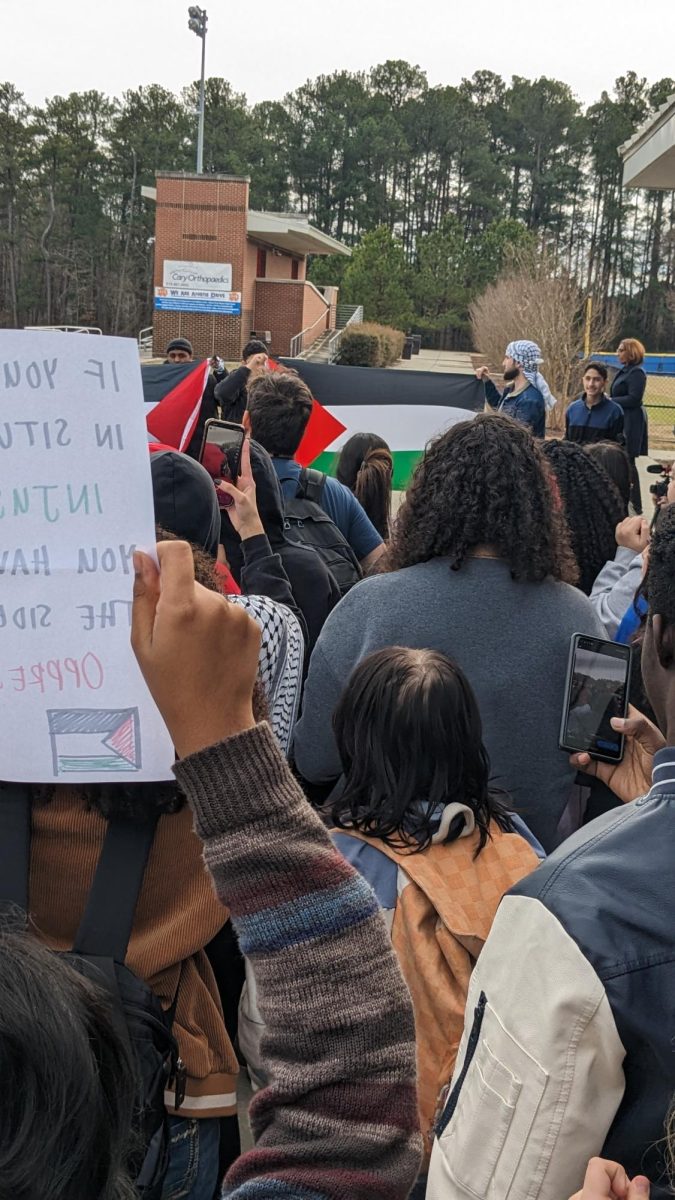U.S. President Barack Obama has postponed the decision on whether or not the U.S. will take military action against Syria in response to the deployment of chemical weapons against its citizens. This gives the U.N. a chance to attempt a diplomatic approach to securing a peaceful, political solution to the conflict in Syria.
This decision was strategic in nature. Not only did many Americans believe Congress was going to reject Obama’s proposal to take military action, but Russian President Vladimir Putin put forth a plan for disarming Syria of its chemical weapons, which has since evolved into a U.N. resolution. Further still, Syrian President Bashar al-Assad claims to be willing to comply with the U.N. in allowing for the destruction of Syria’s chemical weapons.
James Bahm, sociology teacher, is content with this turn of events, since he was not in favor of U.S. intervention.
“The U.S. should not intervene because we have no clear cut goal and we do not know who we will be supporting. Many of the rebels challenging the government are the same insurgents who usurped the democratic changes in Iraq,” said Bahm.
Bahm’s main reason for wanting the U.S. to abstain from taking military action in order to destroy Syria’s weapons is that, should a militaristic approach be employed rather than a diplomatic one, conflict in Syria could escalate out of proportion, and the civil war could turn into a much bigger conflict with wider impact and more lives lost.
“The impact could be drastic should Syria go after Israel, which they threatened to do. The role of Russia and China would probably be to support another proxy war against the U.S. like they have done in the past. The real instigator in all of this is Iran, which is the real country that needs to be dealt with,” said Bahm.
The delay in action was not so much a decision as it was a necessity.
“I don’t think it was our decision. We were humiliated by Vladimir Putin and had to acquiesce. It would have looked really bad on our part if we did not give Syria time to allow inspectors in to facilitate the destruction of their chemical arsenal,” said Bahm.
However, it remains to be seen how effective the UN’s approach will turn out to be. .
“In my opinion the U.N. model is an outdated one. Countries like France and Russia have too much power on the security council and much of the decision making is conducted with ulterior motivation. Any action by that organization has potential to be flawed. We know when they were monitoring Saddam Hussein, weapon inspectors were constantly being deceived and corruption was suspected. Syria will be no different. President Obama lacks the experience to adequately deal with these experienced and biased countries. With that said, I think it is best to step back and with majority support of the people in the U.S. allow other countries to come up with a solution,” said Bahm.
Diana Barakat, sophomore, weighed in with a different opinion.
Barakat was born in North Carolina, but moved with her parents to Syria 20 days after being born.
“Syria is my country and I lived all my life there,” said Barakat, who moved back to N.C. three years ago, making it out of Syria one month before the Syrian civil war began.
Many worry that the U.N.’s diplomatic approach to dealing with Assad is not tough enough. After all, aside from global pressure, there is nothing stopping Assad from using chemical weapons again until they have all been destroyed, which isn’t expected to happen until sometime mid 2014.
“I think that the U.S. doesn’t really care about the Syrian people because the war has been going on for a long time ago. I think that Obama is really giving Al-Assad a chance to kill more people with chemical weapons,” said Barakat.
Even if Assad’s chemical weapons arsenal is destroyed, he can continue to get away with other humans rights violations against the Syrian people. Barakat feels that by only focusing on Assad’s decision to use chemical weapons, the U.S. is giving Assad the opportunity to do just that.
“People aren’t dying only by chemical weapons. The Al-Assad regime is killing people in a lot of different ways,” said Barakat.
Syrian citizens are not only being killed, but also tortured.
“Before they kill people they torture them by taking their nails off, and keep hitting them with the electricity stick. They slaughter people with knives, and they rape girls,” said Barakat.
In fact, Assad’s human rights violations are what started the civil war.
“The government started to send people to jail for little stupid reasons and then people started to do demonstrations (protests),” said Barakat.
However, when people took to the streets and began to protest, Assad’s tactics only worsened.
Even so, the Syrian people do not feel that they are asking for a lot from Assad.
“All we really want is freedom! And we want Al-Assad to stop killing people,” said Barakat.






